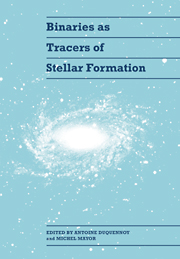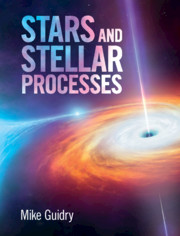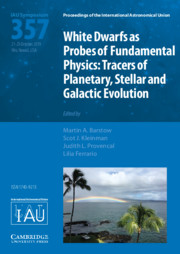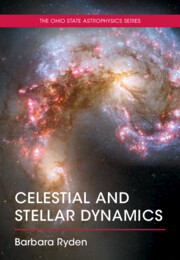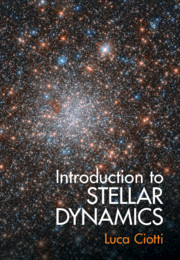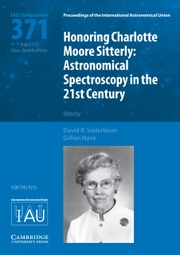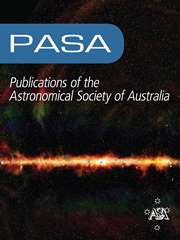Binaries as Tracers of Stellar Formation
More than two-thirds of all stars belong to multiple-star systems. Observation of binary stars is considered one of the best methods to test stellar formation models. This book presents the most recent observations of binaries with the aim of disentangling evidence of stellar formation from later physical evolution.
- Up-to-date information on binary stars, which applies to over 65% of all stars
- Proceedings from a recent international conference honouring a leading scientist in the field
- Articles by leading experts
Reviews & endorsements
' … fascinating collection of papers... (CUP) is to be congratulated for publishing this tribute to Roger Griffin …' Webb Society Review
Product details
September 2005Paperback
9780521019118
304 pages
245 × 170 × 16 mm
0.495kg
87 b/w illus. 12 tables
Available
Table of Contents
- 1. N-body simulations of primordial binaries and tidal capture in open clusters
- 2. When and how can binary data test similar models?
- 3. Statistical analysis of single-lined red giant spectroscopic binaries
- 4. The formation of binary stars
- 5. Distribution and evolution of orbital elements for 1 M primaries
- 6. Tidal circularization of short period binaries
- 7. Composite-spectrum binaries
- 8. Orbital elements for field late-type binaries
- 9. Evidences for interaction among wide binary systems: to Ba or not to Ba?
- 10. Spectroscopic binaries in the open cluster M67
- 11. Spectroscopic binaries in the halo
- 12. Eccentricity evolution of a binary embedded in a disk
- 13. The eccentricity distribution of pre-main sequence binaries
- 14. A new algorithm to derive the mass-ratio distribution of spectroscopic binaries in open clusters
- 15. Are barium dwarfs progenitors of barium giants
- 16. RZ Eridani as a constraint on synchronization and circularization times
- 17. Ekman layers and tidal synchronization of binary stars
- 18. The distribution of mass ration in late-type main-sequence binary systems
- 19. The dynamical evolution of G-type main sequence binaries
- 20. Present state of the tidal theory
- 21. Infrared companions: clues to binary star formation
- 22. The distribution of cutoff periods with age: an observational constraint on tidal circularization theory.

